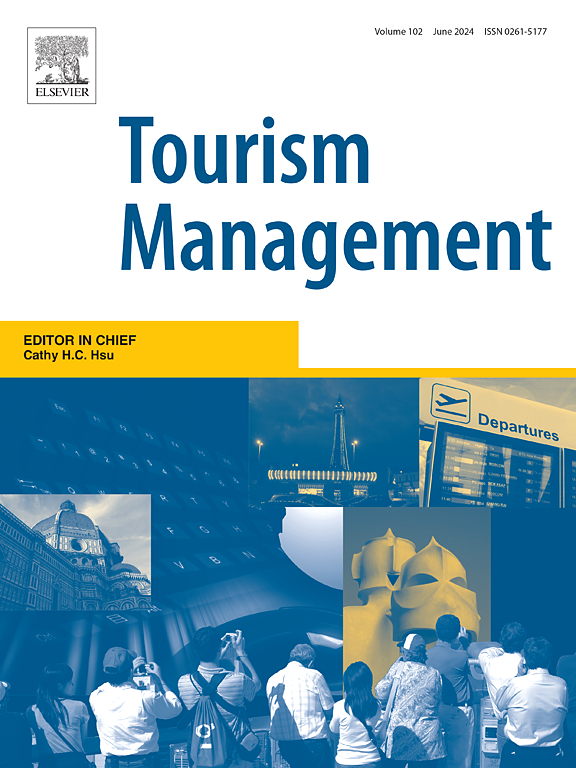从业者如何利用GenAI来弥合研究与实践之间的差距
IF 12.4
1区 管理学
Q1 ENVIRONMENTAL STUDIES
引用次数: 0
摘要
尽管许多旅游研究具有实际意义,但由于时间限制、语言障碍、资源有限和互动挑战,组织和政策制定者往往难以整合这些研究。生成式人工智能(GenAI)为克服这些障碍提供了新的能力。我们提出了一个基于genai的知识翻译过程,分为三个阶段:(i)研究策划,以识别和翻译相关文献;(ii)制作材料的内容创作;(三)利用合成嘉宾进行市场调研,预测试其有效性。通过对基因人工智能和旅游文献的系统回顾,我们研究了基因人工智能在每个阶段的能力、局限性和伦理意义。为了使管理人员具备有效利用基于研究的见解所需的知识和工具,我们提供了一个工具包,包括一本手册、一本提示本和定制的GPT模型。该工具包使旅游和酒店从业人员能够将研究成果应用于其决策和内容战略,而无需直接与利益相关者互动。本文章由计算机程序翻译,如有差异,请以英文原文为准。
How practitioners can leverage GenAI to bridge the research-practice gap
Despite the practical relevance of many tourism research studies, organizations and policymakers often struggle to integrate them due to time constraints, language barriers, limited resources, and interaction challenges. Generative artificial intelligence (GenAI) offers new capabilities to overcome these barriers. We propose a GenAI-enabled knowledge translation process with three stages: (i) research curation to identify and translate relevant literature; (ii) content creation to produce materials; and (iii) market research using synthetic guests to pre-test their effectiveness. We examine the capabilities, limitations, and ethical implications of GenAI at each stage, drawing on a systematic review of GenAI and tourism literature. To equip managers with the knowledge and tools needed to harness research-based insights effectively, we offer a toolkit comprising a handbook, a promptbook, and tailored GPT models. The toolkit enables tourism and hospitality practitioners to apply research findings in their decision-making and content strategies without direct stakeholder interaction.
求助全文
通过发布文献求助,成功后即可免费获取论文全文。
去求助
来源期刊

Tourism Management
Multiple-
CiteScore
24.10
自引率
7.90%
发文量
190
审稿时长
45 days
期刊介绍:
Tourism Management, the preeminent scholarly journal, concentrates on the comprehensive management aspects, encompassing planning and policy, within the realm of travel and tourism. Adopting an interdisciplinary perspective, the journal delves into international, national, and regional tourism, addressing various management challenges. Its content mirrors this integrative approach, featuring primary research articles, progress in tourism research, case studies, research notes, discussions on current issues, and book reviews. Emphasizing scholarly rigor, all published papers are expected to contribute to theoretical and/or methodological advancements while offering specific insights relevant to tourism management and policy.
 求助内容:
求助内容: 应助结果提醒方式:
应助结果提醒方式:


